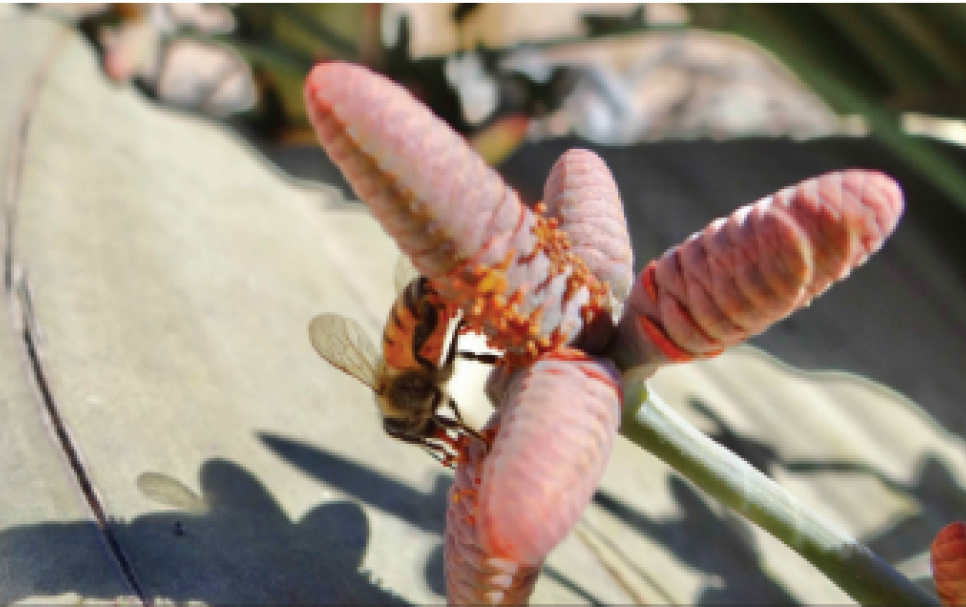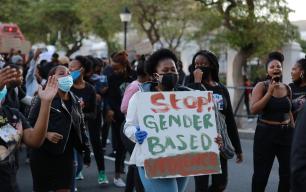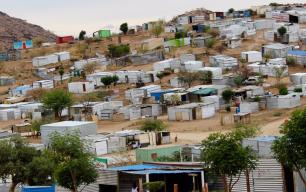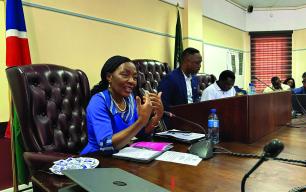Namibian Beekeepers call for industry protection

- By Renthia Kaimbi
A coalition of environmental and agricultural organizations have launched an urgent petition to demand for an immediate ban on importation of bee colonies from South Africa. They warn that Namibia’s food security and biodiversity is at threat.
They consists of the Beekeeping Association of Namibia, Namibian Organic Association and Women for Bees Namibia, Desert Research Foundation Namibia as well as the Environmental Lawyers Network of Namibia.
The petition emerges amid growing pressure to address Namibia’s critical pollination deficit.
This, they say, is because the country’s agriculture sector requiring far greater pollination services than currently available. However, some industry players are said to be advocating for the importation of foreign bee species to bridge the gap. The importation of bumble bees has been restricted in South Africa due to a threat to their biodiversity, yet it has become a regular practice in Namibia to address pollination shortages by importing from that country.
Confidente has learned that even if the same species occur in South Africa, there is an additional threat of genetic pollution from the Capensis bee species that causes colony collapses, thus posing greater harm than importing bumble bees.
However, coalition experts warn that this ‘quick fix’ approach risks catastrophic consequences because this practice benefits only a few stakeholders while the entire industry stands to be ruined with long-term and irreversible effects.
“Namibia’s apiculture industry has not yet been developed sufficiently to support pollination demand, but flooding our ecosystems with foreign bees is like importing cattle from a Foot-and-Mouth disease prone area,” said Gretchen Burmeister of the Beekeeping Association and Women for Bees Namibia.
The coalition’s scientific assessment outlines three primary dangers posed by non-native bees. These are the transmission of diseases, resource competition with native colonies as well as genetic pollution that can birth colony collapses.
Burmeister explained: “These non-native bees, used for pollination of agricultural crops, may introduce diseases and compete for resources, potentially leading to declines in bee populations in Namibia. The interbreeding between species has in the past also led to unnatural behaviour of the hybridized colonies, exterminating others.”
The behavioural phenomenon was tragically illustrated in Swakopmund where African bees also referred to as ‘killer bees’, killed three dogs and hospitalized a woman. Many such incidents allegedly exist although not widely reported on.
“Our bees are very aggressive as is, but local expertise knows how to work with native bee populations.
This is why so many beekeeping projects fail, because the consultants and foreign experts do not work with the same species nor in similar environments. To find suitable solutions, all stakeholders must consolidate efforts to bridge these gaps.”
Burmeister is calling for the revival of a multi-stakeholder platform that was established in March 2017 by the Ministry of Agriculture, Fisheries, Water and Land Reform and launched by the African Union, to spearhead this cross-cutting sector, in order to start meaningful dialogues that prioritize long-term sustainability over short-term fixes.
This specialized Namibian national apiculture platform, she says, will foster grounds through which policymakers can help advocate for immediate cooperation to impact local needs. This will further allocate investment in comprehensive local beekeeping training and research, the development of pollination reserves and create public awareness campaigns about bees’ vital role’, especially to the agricultural sector.
“There is an extreme urgency to develop this industry for several years and we trust with the support of the new minister of agriculture, this will be seen as a priority,” she stated.
According to her the myth that Namibia is too dry for beekeeping needs to be replaced with a vision of whether Namibia can afford to not protect and develop beekeeping in contrast to the need of producing food locally. With bees responsible for pollinating 80% of Namibia’s food crops and 90% of wild plants, the stakes seemingly extend far beyond honey production.
The petition “Ban Bee and Invasive Species Imports in Namibia” is available for public signing at Change.org.
- 265 views










Comments